Kuala Lumpur, 24 July 2025
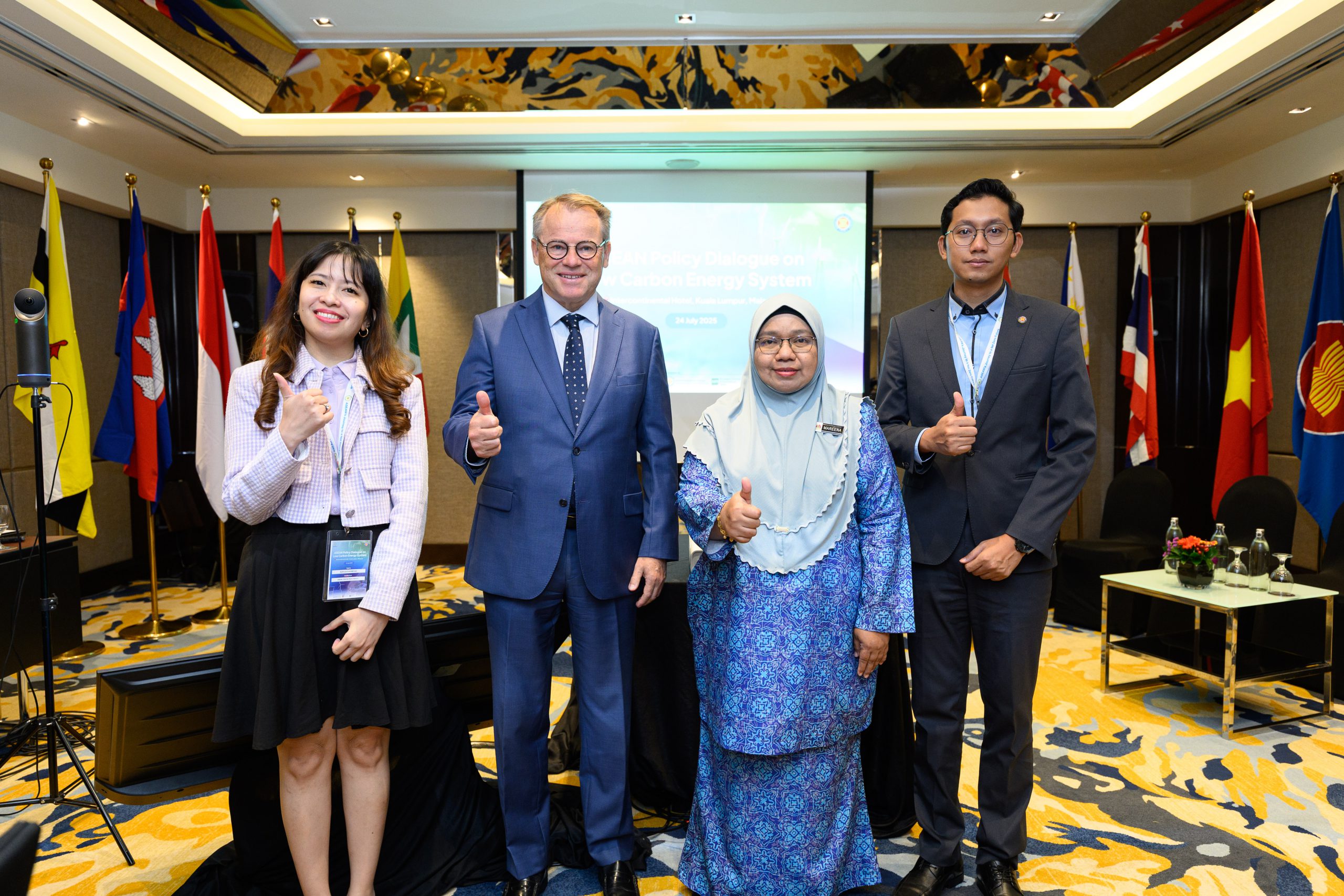
Photo 1. (From left to right) Aldilla Noor Rakhiemah, Project Manager of ACCEPT II, H.E. Morten Paulsen, Ambassador of Norway to Malaysia and Brunei, Puan Mareena Mahpudz, Alternate SOE Leader & Deputy Secretary General (Energy) of PETRA, and Dr Zulfikar Yurnaidi, Manager of MPP Department, ACE, during the policy dialogue.
Kuala Lumpur, 24 July 2025 – The ASEAN Centre for Energy (ACE), through the ASEAN Climate Change and Energy Project Phase II (ACCEPT II), convened the “Policy Dialogue on Low Carbon Energy System” at the Intercontinental Hotel, Kuala Lumpur, Malaysia, on 24 July 2025. Hosted by the Ministry of Energy Transition and Water Transformation (PETRA) of Malaysia, the dialogue aimed to discuss the region’s progress towards a sustainable, low-carbon future and provide a platform to shape a common understanding of what ‘just and inclusive’ means in the ASEAN energy context.
The event brought together around 50 participants including representatives from ASEAN Member States (AMS), international institutions, and regional experts. H.E. Morten Paulsen, Ambassador of Norway to Malaysia and Brunei, also attended the event, signalling continued support from Norway and the international community for ASEAN’s low-carbon development agenda.
Photo 2. Puan Mareena Mahpudz, Alternate SOE Leader & Deputy Secretary General (Energy) of PETRA (left) and Dato’ Ir. Ts. Razib Dawood, Executive Director of ACE, delivering opening remarks.
Welcome remarks were delivered by Dato’ Ir. Ts. Razib Dawood, Executive Director of ACE, to officially commence the event. He highlighted that transitioning to low carbon economy should be just and inclusive, ensuring that clean energy remains accessible, affordable, and generates decent employment opportunities.
Puan Mareena Mahpudz, Alternate Senior Official on Energy (SOE) Leader & Deputy Secretary General (Energy) of PETRA, noted that energy policies must be intrinsically linked to climate objectives and social equity. She reaffirmed Malaysia’s commitment, as ASEAN Chair in 2025, to champion a sustainable and inclusive energy transition across the region.
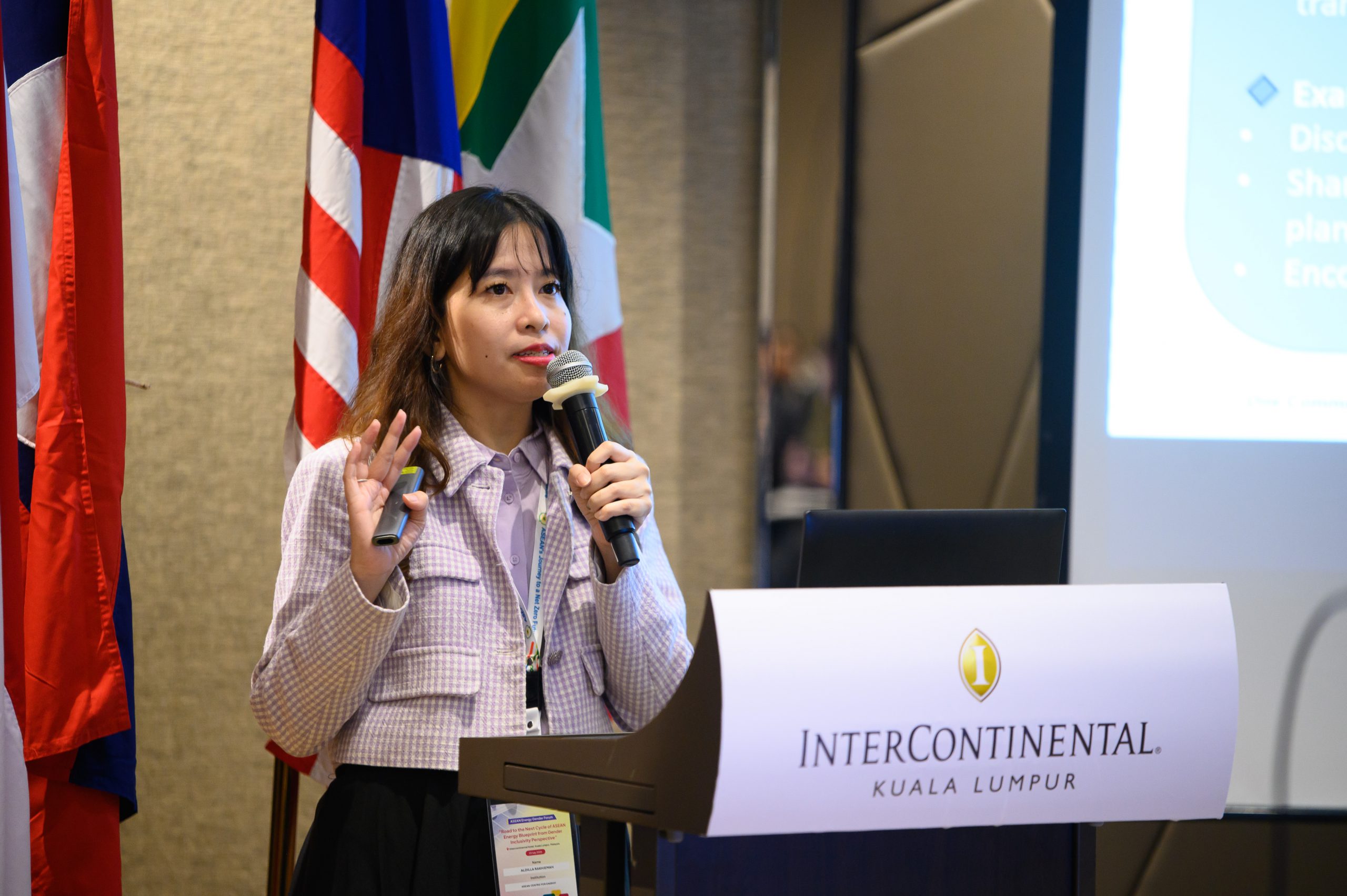
Photo 3. Aldilla Noor Rakhiemah, Project Manager of ACCEPT II, delivering a scene setting presentation.
To lay the foundation of the event’s panels, Aldilla Noor Rakhiemah, Project Manager of ACCEPT II, delivered a scene-setting presentation outlining ASEAN’s future energy direction as envisioned in the upcoming ASEAN Plan of Action for Energy Cooperation (APAEC) 2026–2030. She emphasised that the new APAEC presents a timely opportunity to embed justice, inclusion, and decarbonisation in ASEAN’s energy agenda. A common regional understanding of “just and inclusive” is needed to guide implementation and ensure that no one is left behind in the transition.
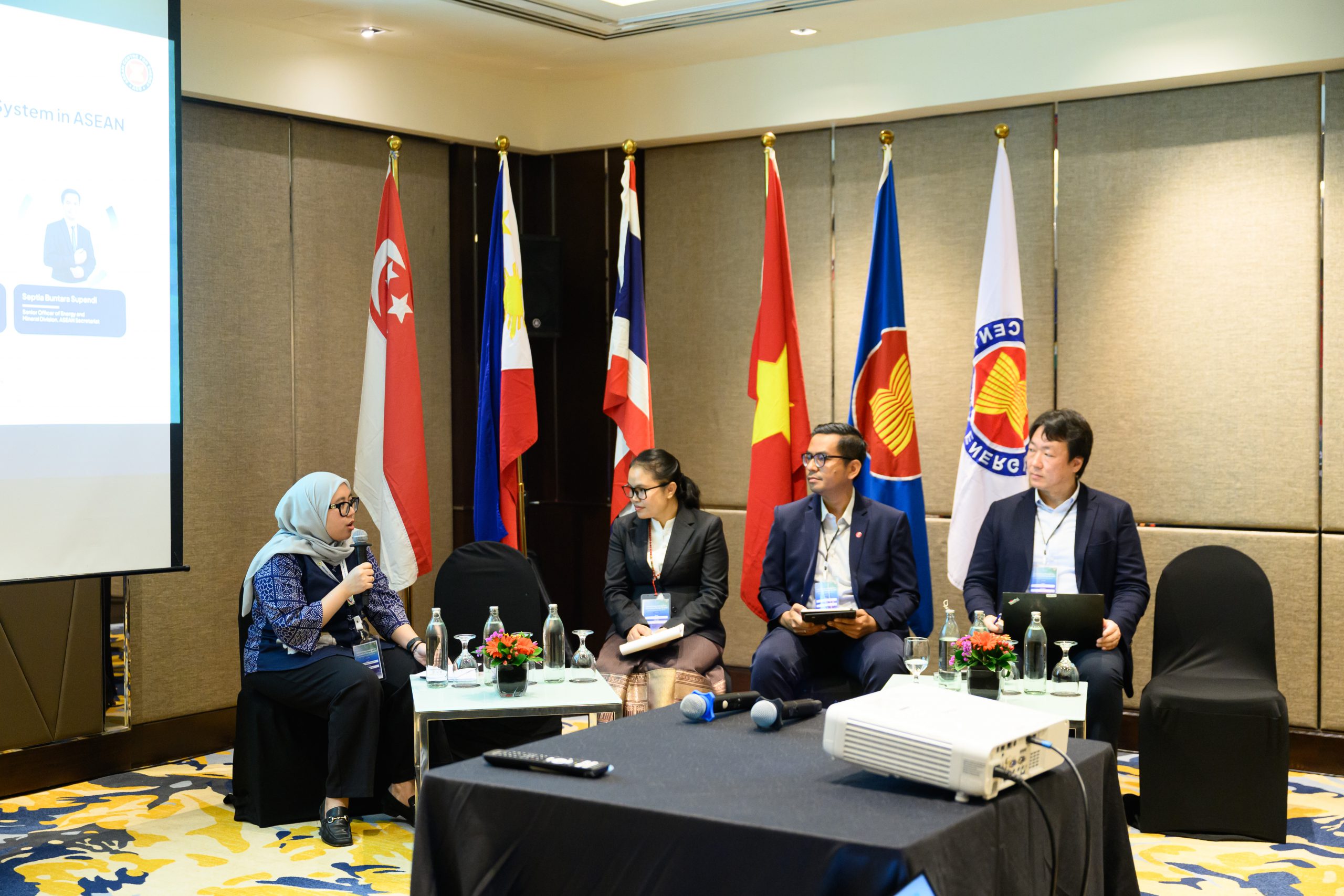
Photo 4. (From left to right) Dynta Trishana Munardi, Senior Officer of APAEC and Strategic Department, ACE, Alounny Phommakone, Head of Division, Department of Energy Policy, Planning and Evaluate, MOIC Lao PDR, Septia Buntara Supendi, Senior Officer of Energy and Mineral Division, ASEAN Secretariat, and Yosuke Arino, Research Manager & Project Leader, IGES BRC.
Panel 1: Regional Progress on Low Carbon Energy System in ASEAN
Moderated by Dynta Trishana Munardy, Senior Officer of the APAEC & Strategic Partnership Department, the first panel explored the importance of regional cross-sectoral collaborations to advance just and inclusive energy transition (JIET). The panel featured Alounny Phommakone, Head of Division, Department of Energy Policy, Planning and Evaluation, Ministry of Industry and Commerce of Lao PDR, Yosuke Arino, Research Manager & Project Leader at IGES BRC, and Septia Bunatara Supendi, Senior Officer of Energy and Mineral Division at the ASEAN Secretariat.
The overall discussion highlighted that regional collaborations must be accompanied by policy alignment to advance ASEAN’s transition to a low-carbon energy system. While momentum for JIET in ASEAN exists, the region is still inhibited by funding and bankability issues. Hence, innovative mechanisms like blended finance are essential to de-risk investments, and more regulations are needed to create enabling environments for these investments. Lastly, JIET needs to be put as a core priority and ensure that cross-sectoral collaborations are equitable, promoting not only low-carbon technology but also social inclusion, gender equality, and access for all.
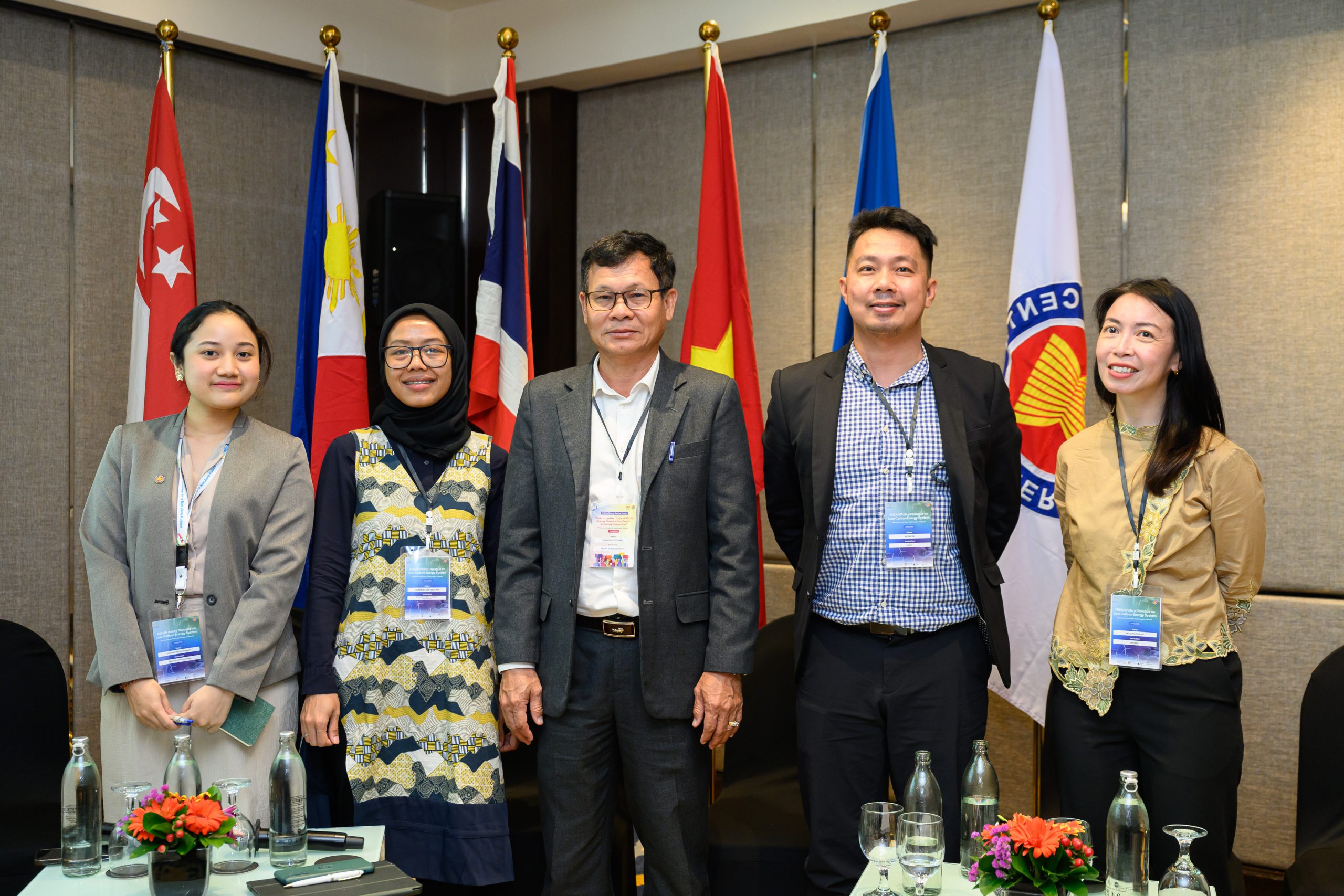
Photo 5. (From left to right) Indira Pradnyaswari, Research Analyst of ACCEPT II, Agnes Novita Sabatina, Energy Planner, National Energy Council Indonesia, Gnhoung Choumnit, Director a Ministry of Mines and Energy Cambodia, Ratha Ra, Program Coordinator of Just Energy Transition, Oxfam, and Jacqueline Lam, Regional Director of Asia, SEforALL.
Panel 2: Defining Just and Inclusive Energy Transition in ASEAN
The second panel aimed to deepen regional understanding of JIET, with representatives from both AMS and international institutions sharing their insights and country developments. It was moderated by Indira Pradnyaswari, Research Analyst of ACCEPT II, and featured Agnes Novita Sabatina, Energy Planner, National Energy Council of Indonesia, Gnhoung Choumnit, Director, Ministry of Mines and Energy of Cambodia, Ratha Ra, Program Coordinator of Just Energy Transition at Oxfam, and Jacqueline Lam, Regional Director of Asia at SEforALL.
The panellists explored how their respective organisations are currently pursuing efforts to mainstream JIET in the region. Currently, national governments are prioritising renewable energy development while also ensuring equitable access for everyone by implementing more inclusive policies. At the same time, the discussion also noted that effective implementation of these policies requires close coordination with and support from Civil Society Organisations (CSOs) to ensure that the voices of vulnerable and marginalised communities are heard and addressed throughout the energy transition process.
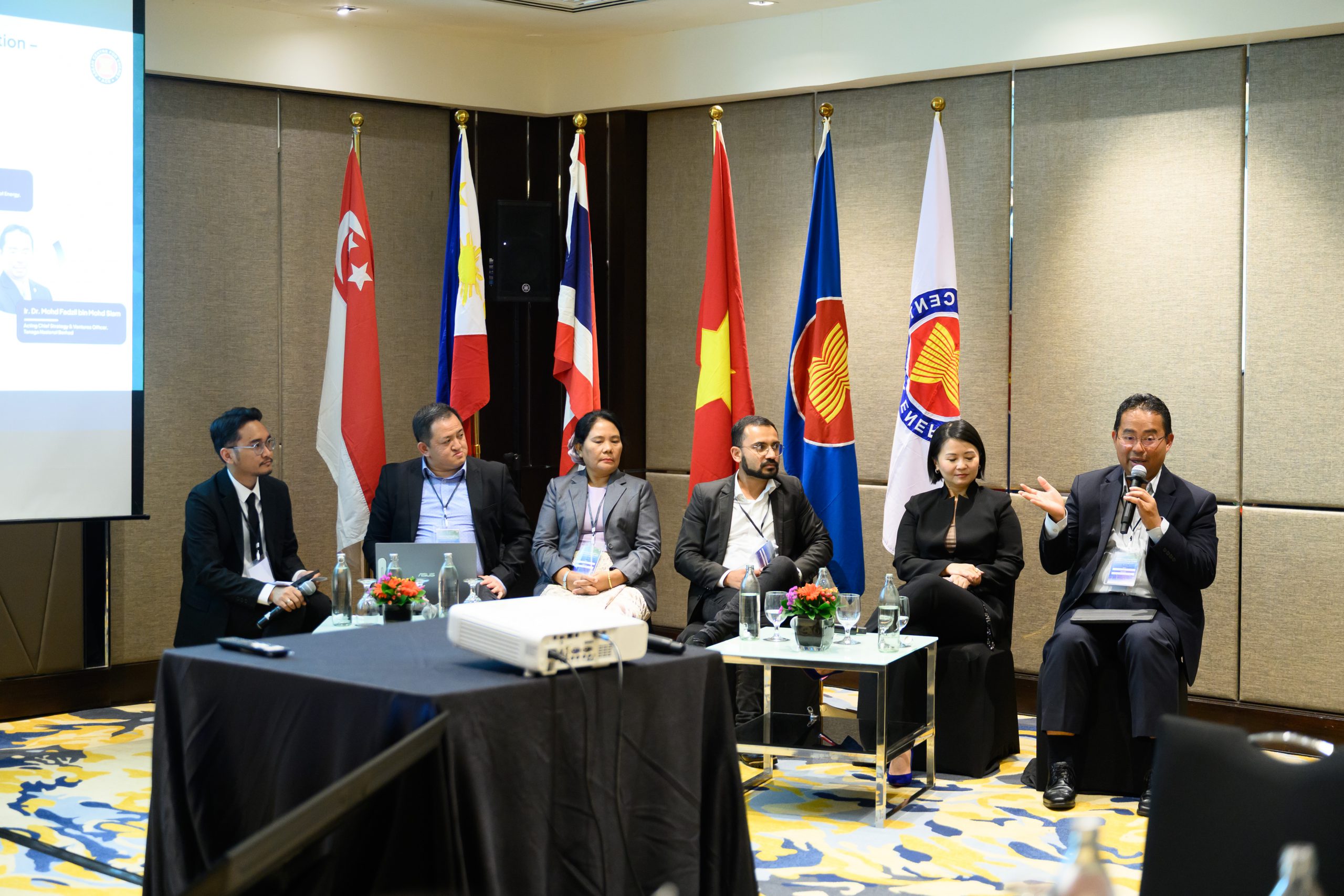
Photo 6. (From left to right) Muhammad Rizki Kresnawan, Senior Research Analyst of ACCEPT II, Rodrigo Andrew F Cunanan, Senior Science Research Specialist, Department of Energy Philippines, Win Win Kyu, Deputy Director, Ministry of Energy Myanmar, Dr Aniq Ahsan, Special Advisor, National Climate Change Secretariat Singapor, Jennifer Tay, Partner, Asia Pacific Infrastructure Leader, PwC; and Ir. Dr. Mohd Fadzil bin Mohd Siam, Head (Strategy & Sustainability) at Tenaga National Berhad (TNB) during the panel.
Panel 3: Policymaking for ASEAN Energy Transition – Finance, Technology, and Governance
The third and last panel was moderated by Muhammad Rizki Kresnawan, Senior Research Analyst of ACCEPT II and featured Rodrigo Andrew F Cunanan, Senior Science Research Specialist, Department of Energy, Philippines, Win Win Kyu, Deputy Director, Ministry of Energy, Myanmar, Dr Aniq Ahsan, Special Advisor, National Climate Change Secretariat, Singapore, Jennifer Tay, Partner, Asia Pacific Infrastructure Leader at PwC, and Ir. Dr. Mohd Fadzil bin Mohd Siam, Head of Strategy & Sustainability at Tenaga National Berhad (TNB).
The discussion highlighted the urgent need to address key regulatory barriers and uncertainty by removing unclear and restrictive policies. Participants emphasised that by doing this, the region will have more opportunities to attract investment and boost clean energy development. Moreover, to support development in the renewable energy sector, the region must prioritise modernising the energy infrastructure through the upgrade and expansion of energy systems and electricity grids.
Overall, the outcomes of the panel emphasised the need for greater regional collaboration, encouraging AMS to come together as a unified market to increase bargaining power, attract investors, and enhance energy cooperation.
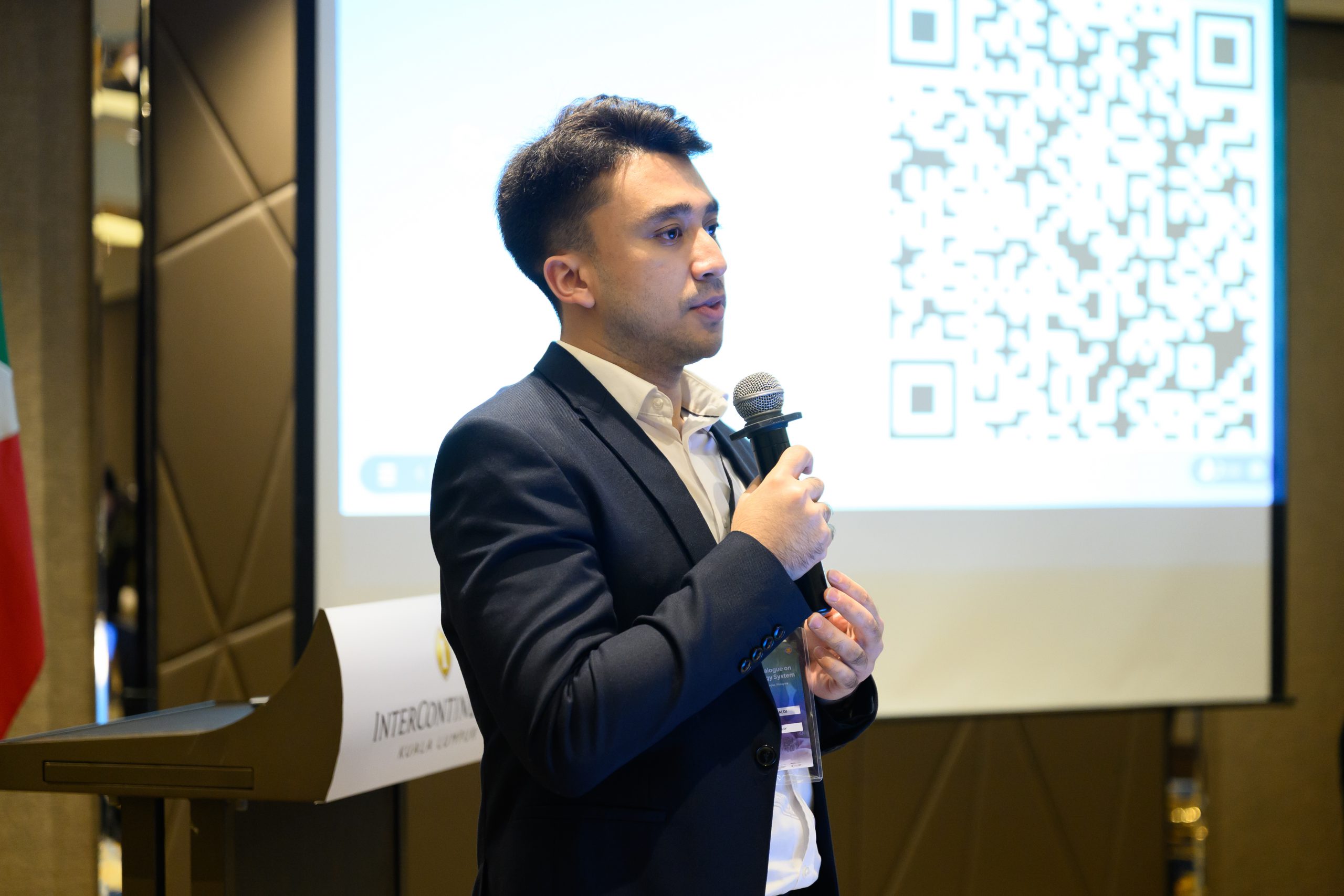
Photo 7. Muhammad Ilham Rizaldi, Research Analyst of ACCEPT II, leading the interactive session.
Interactive Session: Exploring Low-Carbon Energy Transition and JIET
After the panels, participants were given the opportunity to share their insights with an interactive session led by Muhammad Ilham Rizaldi, Research Analyst of ACCEPT II, drawing on participants’ experiences from their respective countries.
Among the challenges identified were limited technological readiness, financial barriers, and gaps in policy and regulatory frameworks. Despite these hurdles, participants also recognised a number of opportunities that ASEAN can leverage—such as greater access to international financing, enhanced regional cooperation, and increased private sector engagement.
They further emphasised the importance of support for job creation, skills development, and inclusive participation, particularly for marginalised and vulnerable communities, to ensure a truly just and inclusive energy transition in the region.
Photo 8. Participants during the interactive discussion session.
Moreover, in discussing the Just and Inclusive Energy Transition (JIET), participants acknowledged that rural and low-income communities are often the most left behind in the energy transition process. To address this, they emphasised that ASEAN should prioritise three key areas: improving energy access, ensuring energy affordability, and promoting job creation and skills development for vulnerable communities. As a way forward, participants highlighted the importance of policy dialogues, capacity-building initiatives, and study exchanges as critical enablers to accelerate ASEAN’s transition towards a low-carbon energy system that leaves no one behind.
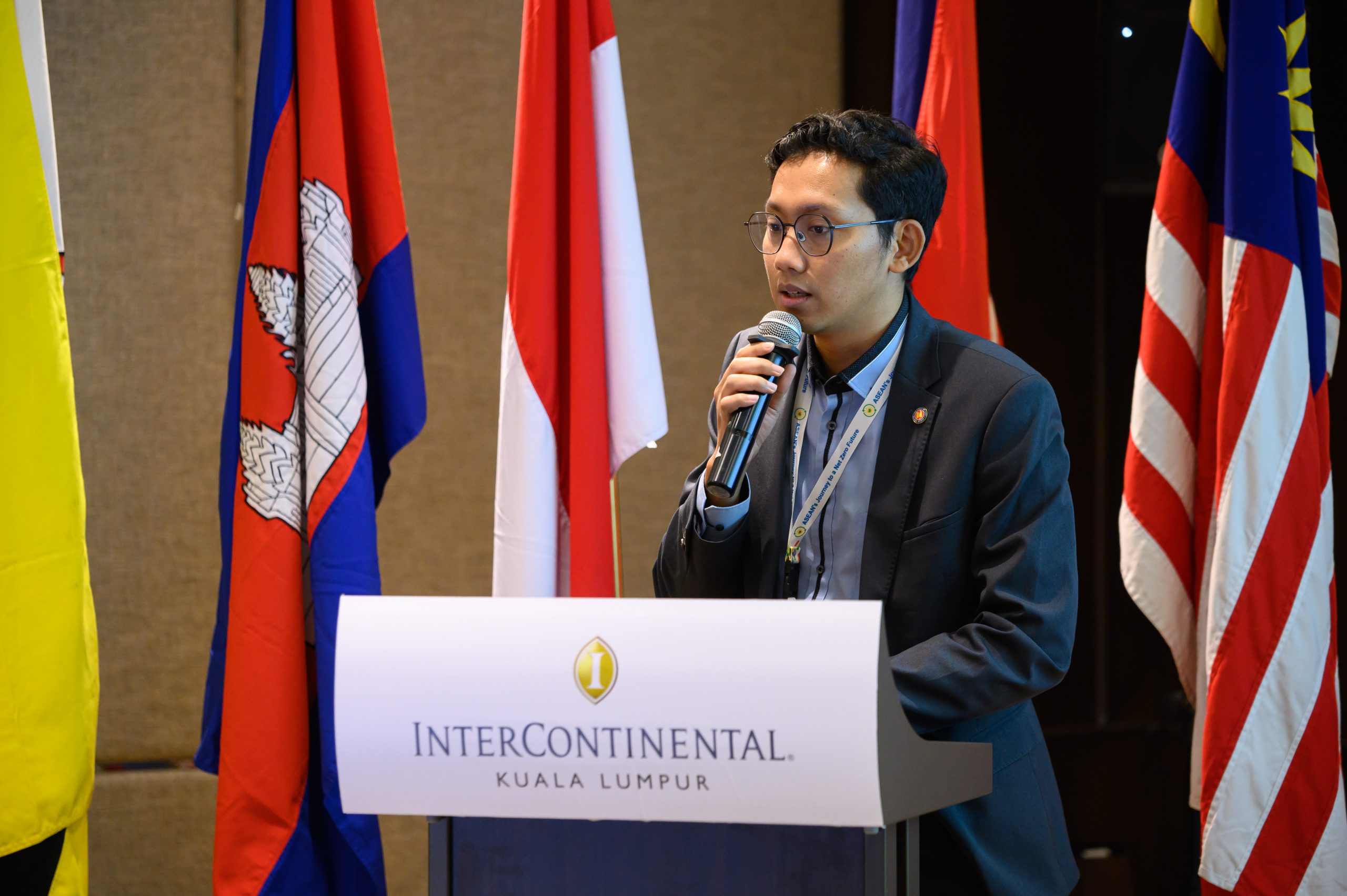
Photo 9. Closing remarks by Dr Zulfikar Yurnaidi, Manager of Energy Modelling and Policy Planning (MPP) Department at ACE.
Dr Zulfikar Yurnaidi, Manager of Energy Modelling and Policy Planning (MPP) Deparment at ACE, presented key takeaways of the event and delivered closing remarks to officially conclude the dialogue. Reflecting on the outcomes of the discussion, he hoped that the dialogue today becomes a key stepping stone in realising the vision of a just and inclusive energy transition.
ACE and ACCEPT will continue to support the region in fostering inclusive dialogues, strengthening regional collaboration, and building the capacity of AMS to ensure that no one is left behind in ASEAN’s journey to a low-carbon energy system.
Media coverage:
**
(AZD)
Join our ASEAN Researchers Network on Climate Change (ARNECC) by registering yourself here. Become a part of our collaborative efforts to address pressing climate challenges and shape a sustainable future.
Detailed information on ACCEPT II can be found at https://accept.aseanenergy.org/
Follow our social media to stay updated on ASEAN’s energy-climate nexus and ACCEPT activities.